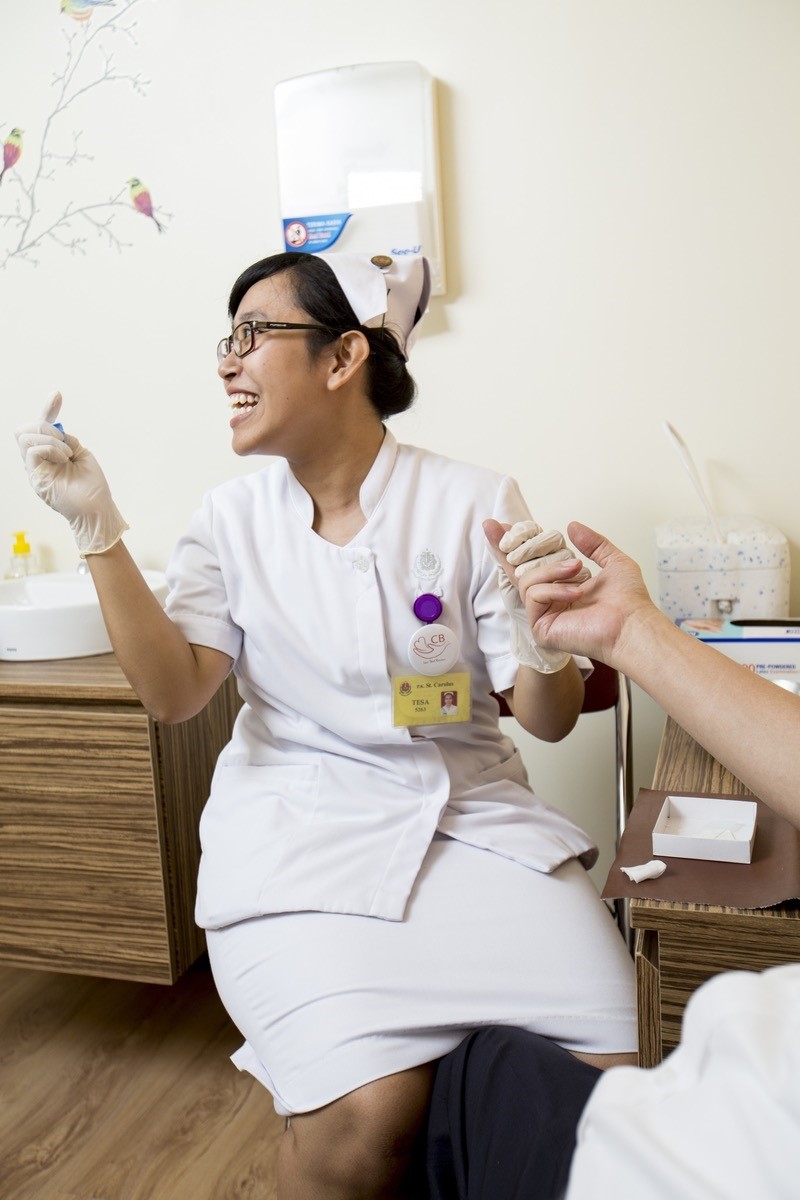Indonesia HIV-HRH Assessment
Activity
Despite decades of concerted efforts towards HIV control and elimination, the progress towards testing and expanding access to antiretrovirals (ARV) to all people living with HIV (PLHIV) in Indonesia is still below expectation. Of the estimated 652,349 PLHIV in Indonesia, about 36% have been diagnosed, and only 12% are life-saving treatment. At both the policy and service delivery levels of the health system, strategic efforts are needed to achieve the goal of “90-90-90”: 90% of all PLHIV knowing their status, 90% of these maintaining ART, and 90% of these to achieve viral suppression. As part of the Sustainable Development Goals, in 2015 Indonesia signed on as a “Fast-Track” country, with a mandate to make rapid, efficient, and innovative investments to reach critical HIV prevention and treatment targets.
The Government of Indonesia’s Ministry of Health (MoH) has responded by issuing increasingly expansive HIV policies, which have health workforce workload implications. The USAID- and PEPFAR-supported HRH2030 Program are conducting an HIV-HRH assessment to understand the health workforce feasibility and barriers to scaling up HIV services. The assessment includes a review of the policies for: HIV service delivery and standards of care; health worker education, regulation, planning, procurement and performance management. In addition, a site-level review includes understanding HIV service delivery gaps, interviews with health facility managers and staff, a rapid HIV task analysis across HIV service staff, and client flow mapping.
HRH2030 completed the HIV-HRH assessment at the policy level and at selected sites in Jakarta in 2018. Given the variant health worker situation, the site-level assessment will also be undertaken in Papua.
RELATED NEWS AND RESOURCES

Activity Leader:
Rachel Deussom, Chemonics
.
Implementing Partners:
Chemonics International, Palladium
Duration:
2018-2019
.
Countries Impacted:
Indonesia
.
Status:
Ongoing








